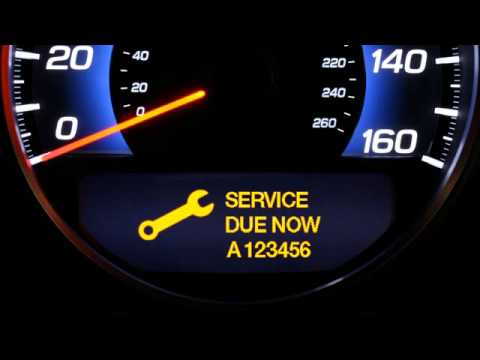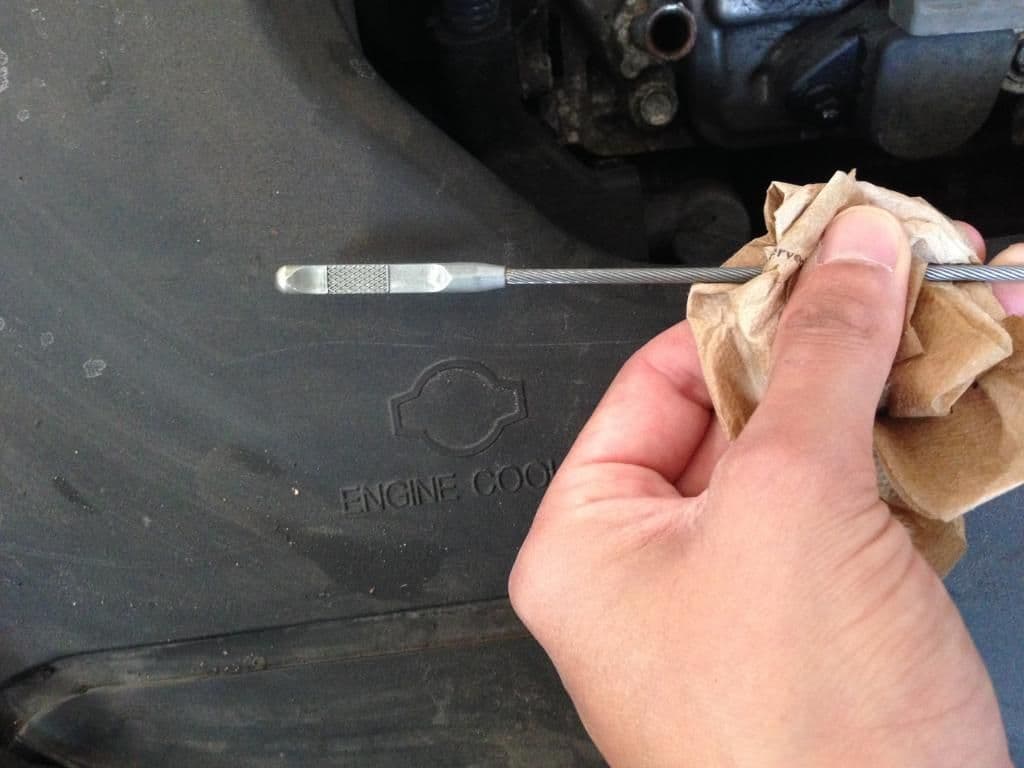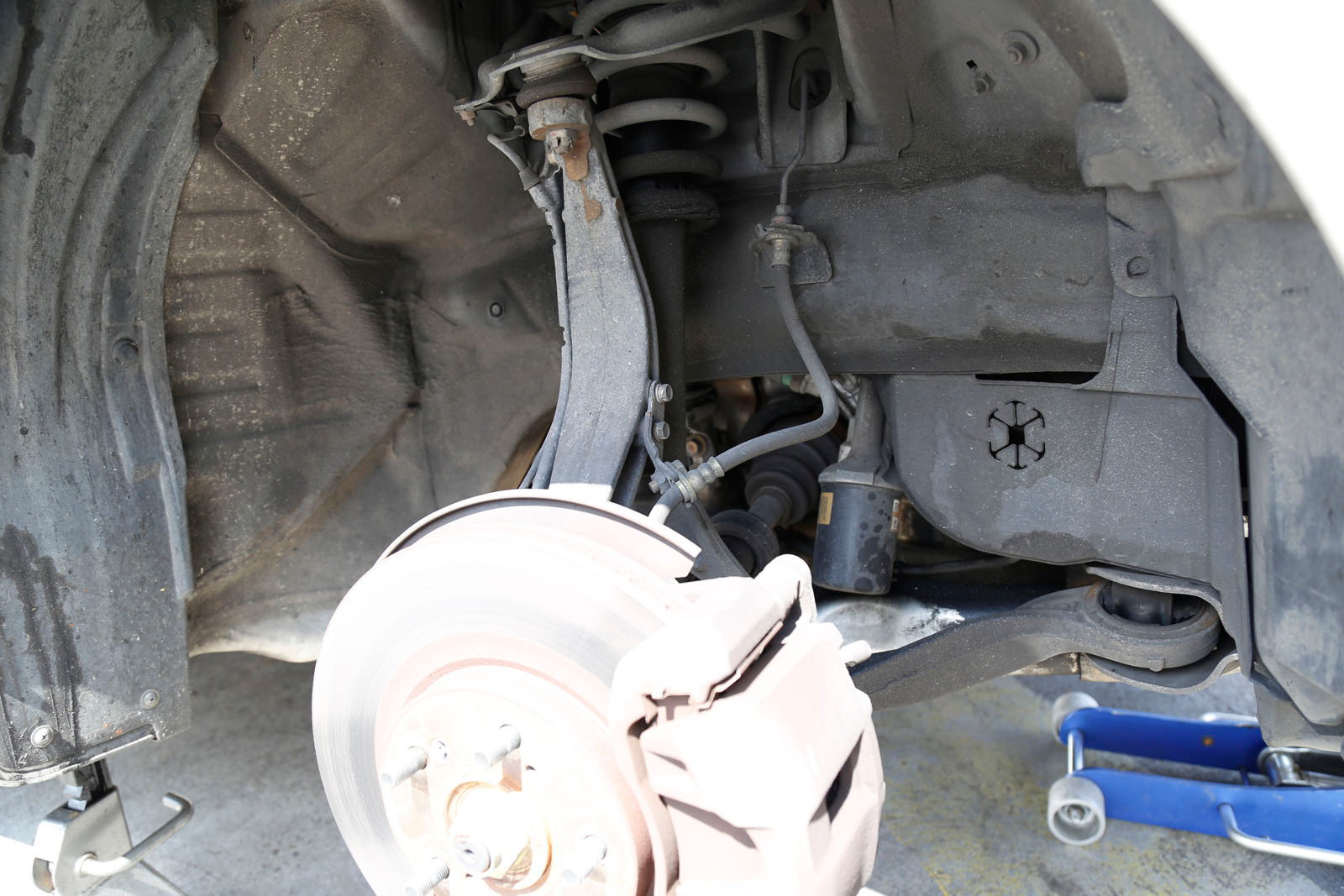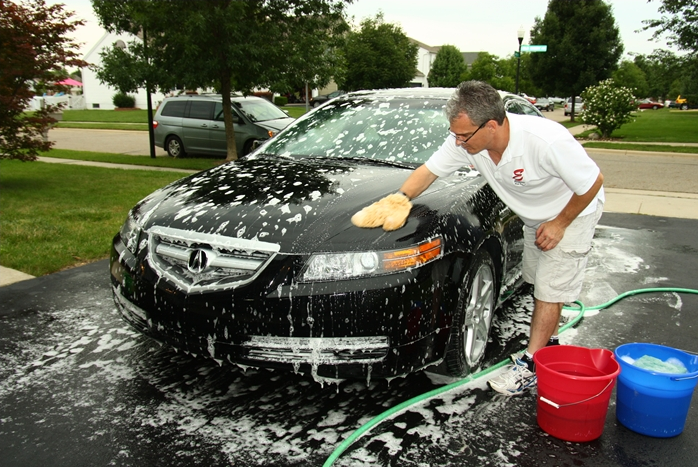Acura TL: 5 Tips to Keep Your Car Running for a Long Time
There are various things you can do to your Acura TL that will make it last a lot longer. Read on to learn how to keep yours running for a long time.
This article applies to the Acura TL (2004-2014).
The average lifespan of cars has decreased tremendously from previous years. Perhaps the easy financing and leasing is attractive for people to get into brand new cars; however, there are ways you can make your Acura TL last a very long time. We will go over five things that you can continuously do to your Acura TL that will make it not only run for a very long time, but also give you almost no problems throughout ownership. The more you take care of your car, the more it will return the favor. So read on to learn about the five tips to keeping your car going for a long time.

Maintenance Schedule
Nothing will ensure your car runs as long by simply following the maintenance intervals. You will be shocked to learn that most people do their basic maintenance about 1,000 miles after the recommended date. Although this could be convenient for you and your schedule, it's far from convenient for your car. The basic maintenance should be every 5,000 miles, and if your car has over 100,000 miles, consider doing it a favor and performing the maintenance every 3,000 miles. This maintenance is very basic and includes replacing the oil, oil filter, and air filter. Every 30,000 miles, you should be replacing your spark plugs and brake pads. If you really love your Acura, consider replacing the coolant once a year. Refer to your owner's manual for the detailed maintenance intervals, and take them very seriously if you want to still have your car in 10 years.

Monthly Check-Ups
Just like you should do yearly check-ups with your physician, you should do monthly check-ups for your car. Being aware of how your car is doing can allow you to catch any issues early and repair them before any damage is done. Each month, use your oil dipstick to check on your oil; even if you're religious with your oil changes, a small leak can cause a big problem. So make sure you're always aware of the oil's level and color. If it's too dark, then you need to replace it, and if it's too low, then you need to top it off. Use a flashlight to check for leaks once a month. Just shine it around the engine and on the bottom of the car; leaks could cause a lot of damage if left unsealed. Check the tire pressure once a month. The tires inflate and deflate depending on the weather temperature, and having uneven tire pressure can cause a series of problems, from wearing out your tires very quickly to wearing out your shocks. Monthly check-ups mean you won't have problems left unsolved.

Don't Ignore Noises
Whenever you hear an unfamiliar noise, this means something has gone wrong. Your car should always sound the same. Follow the noise whenever you hear it to begin diagnosing the issue. Your suspension is a popular place for noise, and it could mean your shocks are worn or, more likely, your bushings need replacement. The suspension system can wear itself out more and more if you don't replace the faulty component right away. The tires could also cause some noises, so it's good to give all four tires a look when you hear noises. As for the engine, you could have whistling noise from the belt, knocking noise from inside the engine, or whining noise from the alternator. Remember, driving around while your car is making noise means you are probably ruining another component along with your bad component. Diagnose the noises immediately, and if you can't, visit your closest auto shop.

Keeping Clean
It may sound silly, but a dirty car could mean an unhealthy one. For the interior, it is important you keep the vents clean. Don't let the dust build up, or it will turn into an unsanitary environment for your lungs. It's recommended to change the cabin air filter out once a year. Don't smoke inside your car; nothing clings to the interior surfaces more than cigarette smoke. Making way to the exterior of your car, your paint could very much get affected by leaving too much dirt on it, and bird droppings can end up deteriorating your paint. Make sure you wash it once a month or bi-weekly. Make sure you give it a nice coat of wax which applies a very thin, transparent coat that protects the paint surface from scratches and such. Under the hood is very important, and it's rare when car owners clean the engine bay. However, the dirtier it gets under your hood, the more grime builds up, which restricts the movement of various engine parts, thus creating a sluggish, unhealthy engine. Make sure your car breathes fresh air just like you want for yourself.

Driving Appropriately
If you drive your car like you hate it, then it won't give you any love back. Driving your car gently can make different components last longer. When you're stepping on the brake pedal, be sure to do it evenly; this will ensure you don't wear out your brake pads too quickly, which can result in wearing your brake rotors. When you're stepping on the gas pedal, don't feel too rushed; this will ensure your car works effectively and maintain all the parts, such as the spark plugs. When you see a bump, go over it slowly; going too hard can hurt your suspension system, and as we've mentioned above, the suspension system can wear itself out slowly, which can end up costing you a small fortune to replace. Slow down in advance, take your turns at slower speeds, and don't floor the gas pedal. Being more conscious of your driving habits will make sure you make the best out of your parts, as well as make your Acura last a lifetime.

Related Discussions and Site
- Common Problems - Acurazine.com
- Service Bulletins - Acurazine.com
- Make Your Car Run Forever - Edmunds.com






